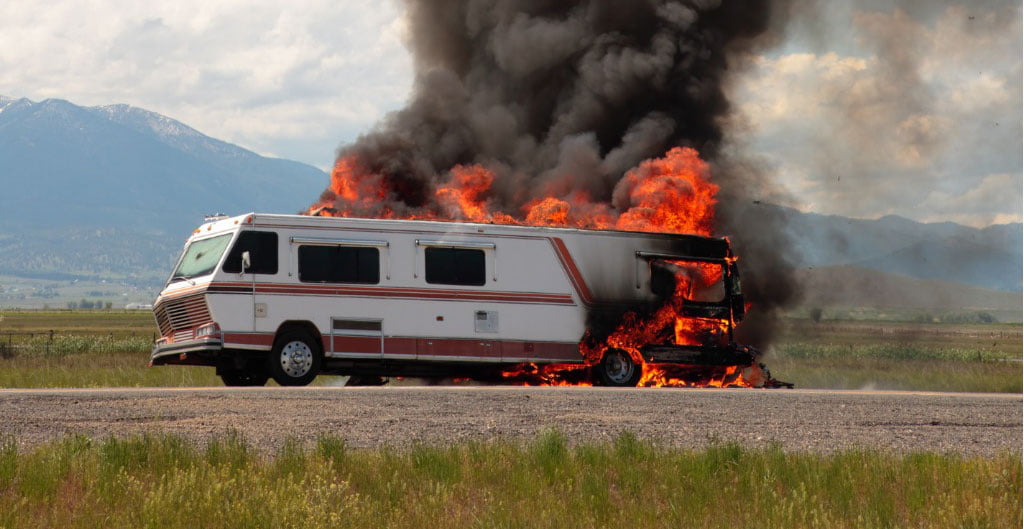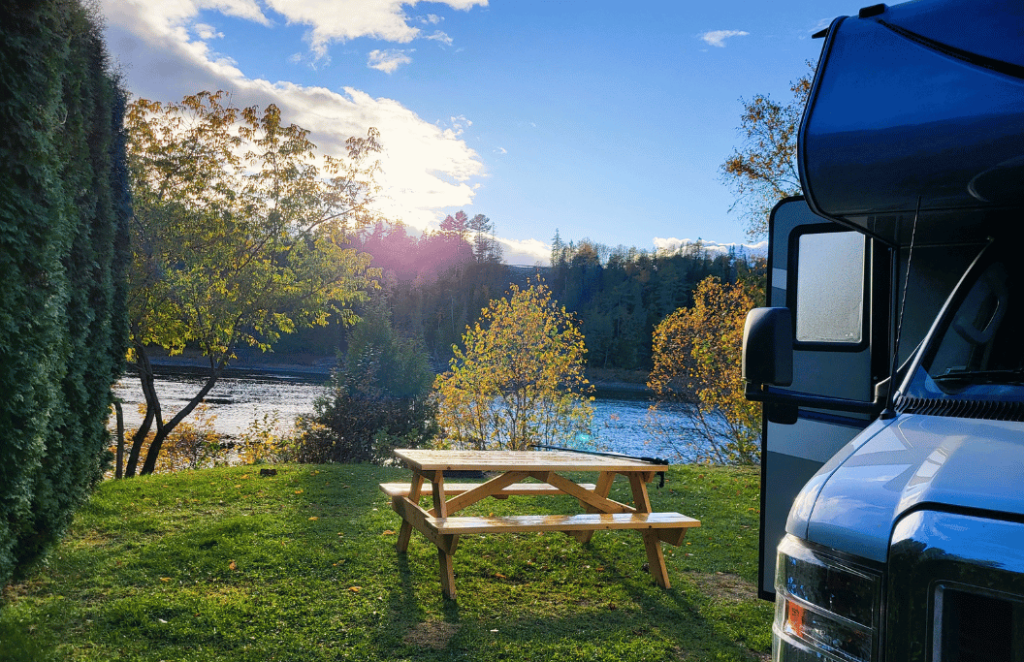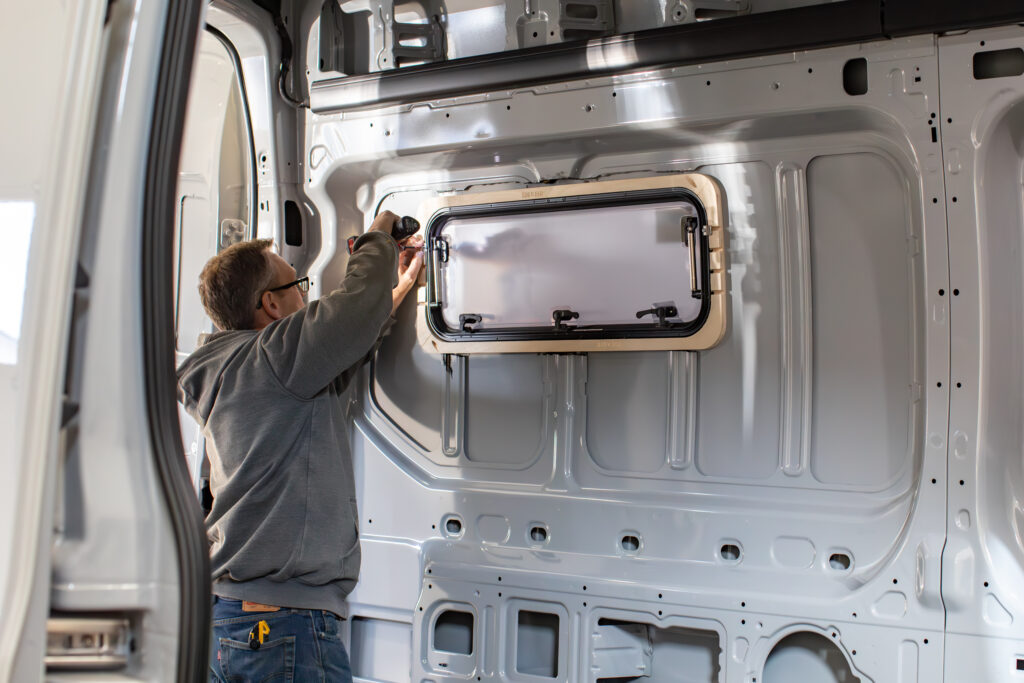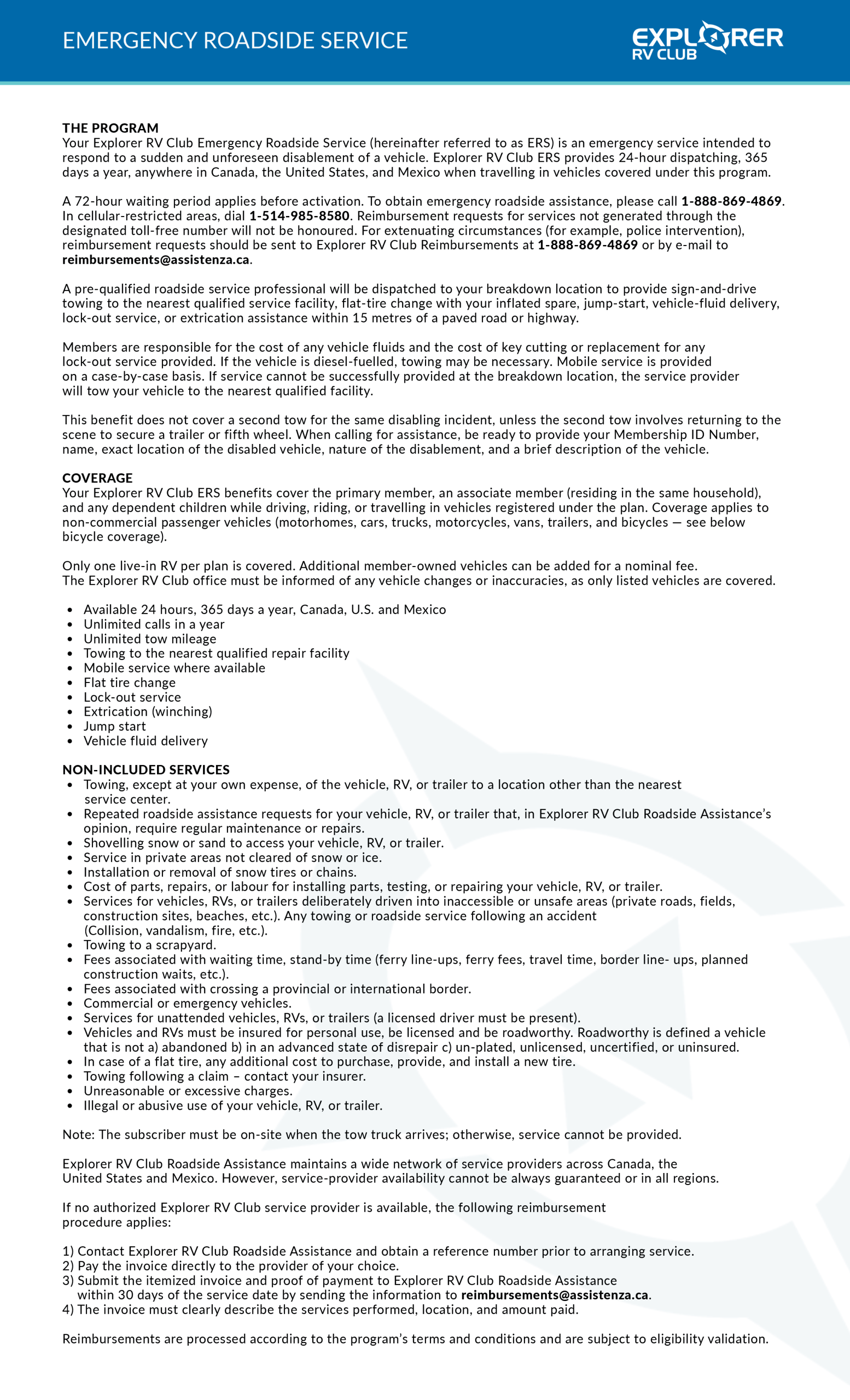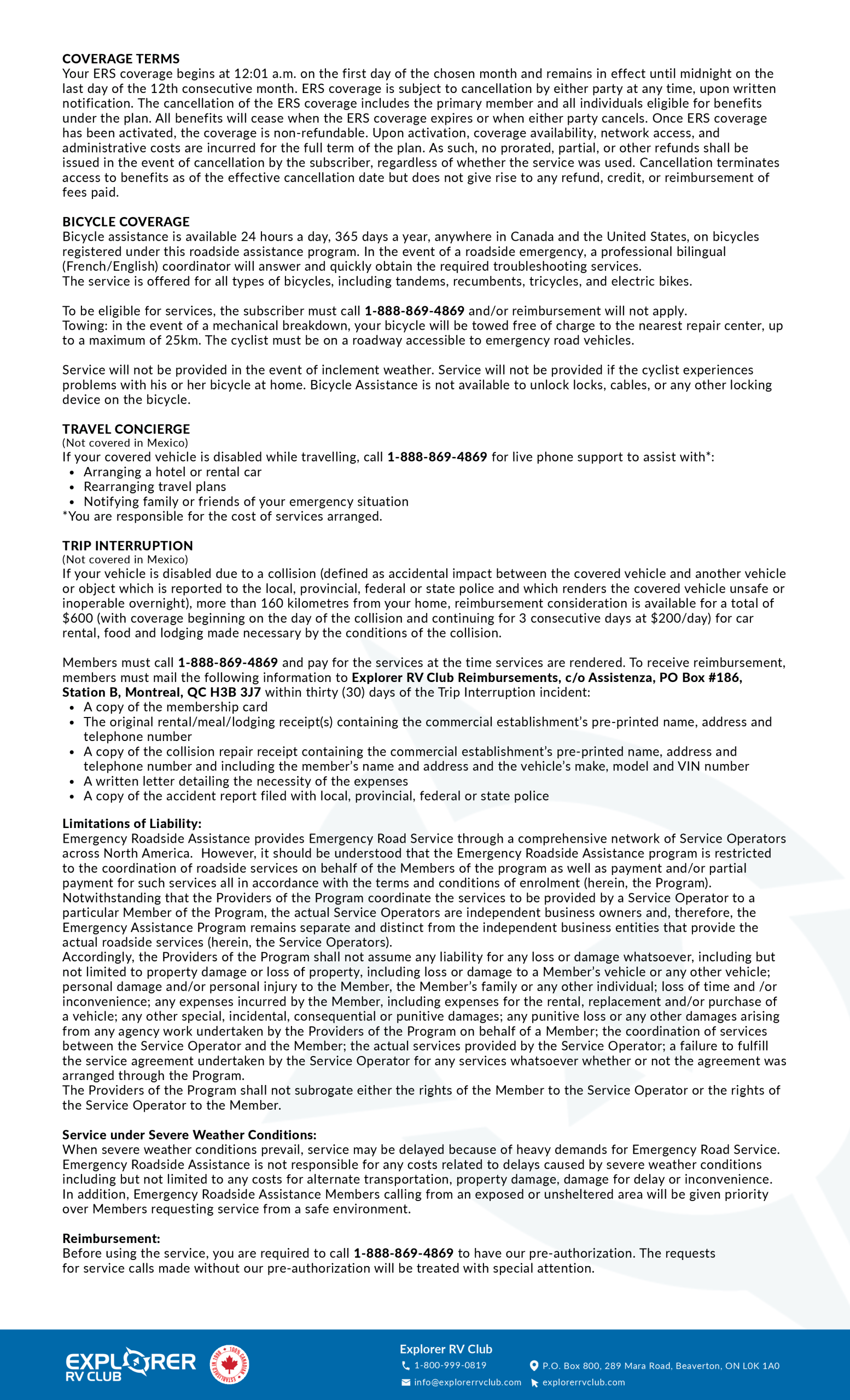Do you assume that your RV is perfectly safe? Think again. Experts from the National Fire Protection Association estimate that 20,000 RVs catch fire every year. These fires can occur in just about any setting or situation imaginable. Fires are sparked both when RVS are parked and when they’re in motion.
The good news? Many RV fires are entirely preventable. Below, we’ve outlined a few of the most common causes, along with measures you can take to keep your RV and your loved ones safe.
Faulty 12-Volt Electrical Systems
Problematic 12-volt electrical systems prompt over two-thirds of RV fires. They’re typically slow to start, with smouldering continuing for hours before flames break out. Unfortunately, the early warning signs can be difficult to catch, with smouldering rarely setting off traditional detection systems. Dual-sensor detectors featuring photoelectric and ionization sensors are more likely to catch signs of fire early on.
Grime Buildup
How often do you clean engine and transmission components? If they’re currently coated in grime, you could be setting yourself up for a future fire. Accumulated grease and dirt may intensify fires sparked by other issues, such as electrical shorts or fuel leaks.
Fuel Leaks
Gas leaks can be disastrous, especially if the RV’s engine is already overheated. Rubber fuel lines can deteriorate quickly, so check often to prevent leaks.
Brakes and Bearings
Dry bearings and worn or dragging brakes can create significant friction. This, in turn, may prompt enough heat to cause leaking brake fluid or tires to catch fire. Check brakes regularly to ensure that they remain in pristine condition.
Overheating
In certain conditions, the ethylene glycol found in engine coolant can ignite if it lands on overheated engine parts. Check for coolant system leaks regularly and keep an eye on your RV’s heat gauge as you climb steep hills.
Tires
Heat from brakes and wheel bearings can quickly set RV tires ablaze. Dual wheels are most susceptible, particularly if just one tire goes flat. Use a pressure gauge to check inflation before departing. Check wheels regularly for excess heat.
Spontaneous Combustion
Careful storage is critical for charcoal and rags coated in petroleum-based products, as both could spontaneously ignite if left in certain types of containers. Stick with covered metal containers.
Propane
While propane alone is not likely to prompt fires when leaks are absent, open propane tank valves can make an already alarming problem that much worse. Before traveling, shut off these valves and allow residual fluid to burn off. Be sure to also turn off propane appliances and check that burners have not been accidentally turned on.
Bird and Insect Nests
Yes, birds and insects can build nests within RV infrastructure, and yes, those nests can prompt fires. Nests within the fridge flue, for example, could cause blockages leading to both carbon monoxide buildup and deadly fires.
Batteries
Keep sparks and flames far away from batteries, which can produce sudden and explosive gases. Check the battery compartment for proper venting.
Kitchens
Because RV kitchens are so small, combustible materials may be situated alarmingly close to open flames. Be aware of hazardous materials and take extra care when preparing meals. Baking soda can quickly put out small kitchen fires, but you’ll also want to have a fire extinguisher on hand. In addition to storing a class K extinguisher in or near your kitchen, keep additional extinguishers in bedrooms and outside storage spaces.
Smoke, Carbon Monoxide, and Propane Detectors
Have you installed smoke and carbon monoxide detectors throughout your RV? Despite the small space, detectors should be present in every room. A propane detector is also important; install it adjacent to fuel-burning appliances in your RV’s kitchen. As propane is heavier than air, your detector should be kept no more than a foot off the floor. Test batteries on all detectors regularly to ensure they work properly — and replace them regularly.
Devising an Escape Route
Despite your best efforts, your RV may remain vulnerable to fire. Prepare for the worst-case scenario by establishing an escape route. All passengers should be aware of escape hatches in case the exit door is locked at the time of the emergency. Allow passengers to practice opening these hatches — ideally with their eyes closed.
Proper preparation for RV fires will leave you and your loved ones feeling safer and more secure. Don’t take the threat of fire lightly; a few small tweaks now can make all the difference in months and years to come.

